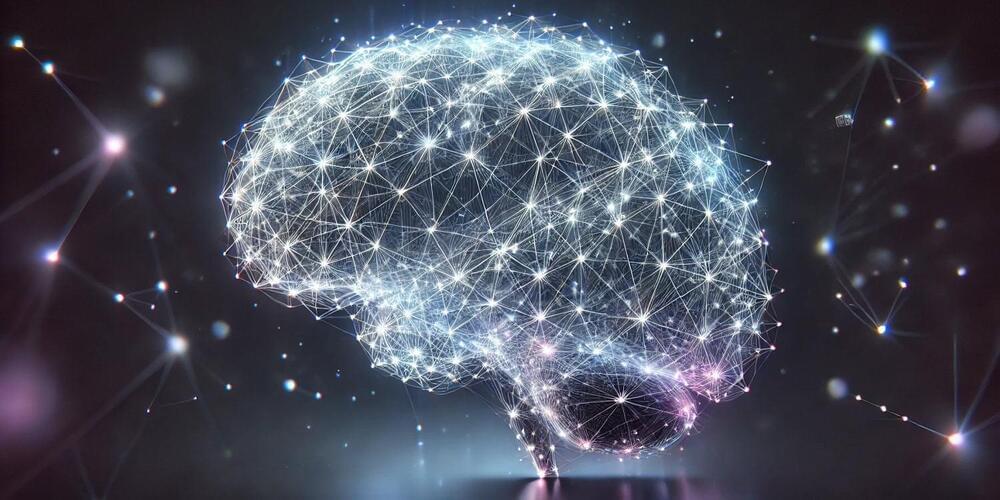In a new study published in PNAS Nexus, scientists have demonstrated that artificial intelligence can predict different types of human intelligence by analyzing connections in the brain. Using neuroimaging data from hundreds of healthy adults, they found that predictions were most accurate for general intelligence, followed by crystallized intelligence, and then fluid intelligence. The findings shed light on the distributed and dynamic nature of intelligence, demonstrating that it arises from the global interplay of brain networks rather than isolated regions.
While prior research has established that intelligence is not localized to a single brain region but rather involves distributed networks, many studies have relied on traditional methods that focus on isolated brain features. These approaches have offered limited insights into how intelligence arises from the interplay of brain structure and function. By employing machine learning to analyze brain connectivity, the researchers aimed to overcome these limitations.
A key focus of the study was the distinction between three major forms of intelligence: general, fluid, and crystallized. General intelligence, often referred to as “g,” is a broad measure of cognitive ability that encompasses reasoning, problem-solving, and learning across a variety of contexts. It serves as an overarching factor, capturing shared elements between specific cognitive skills.
